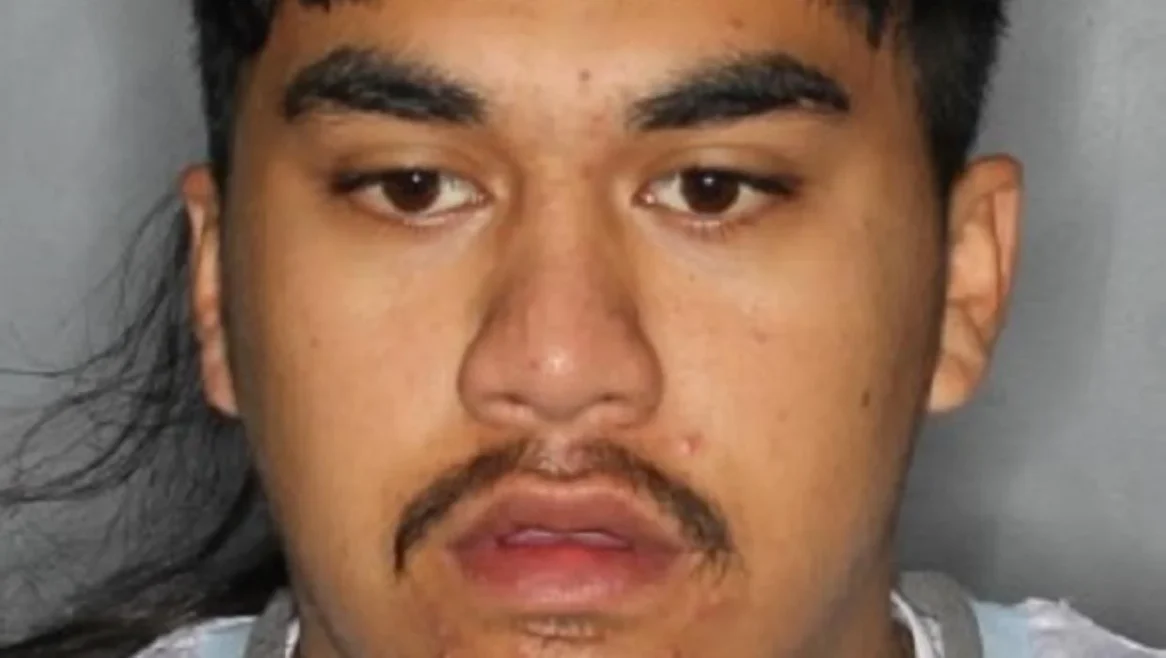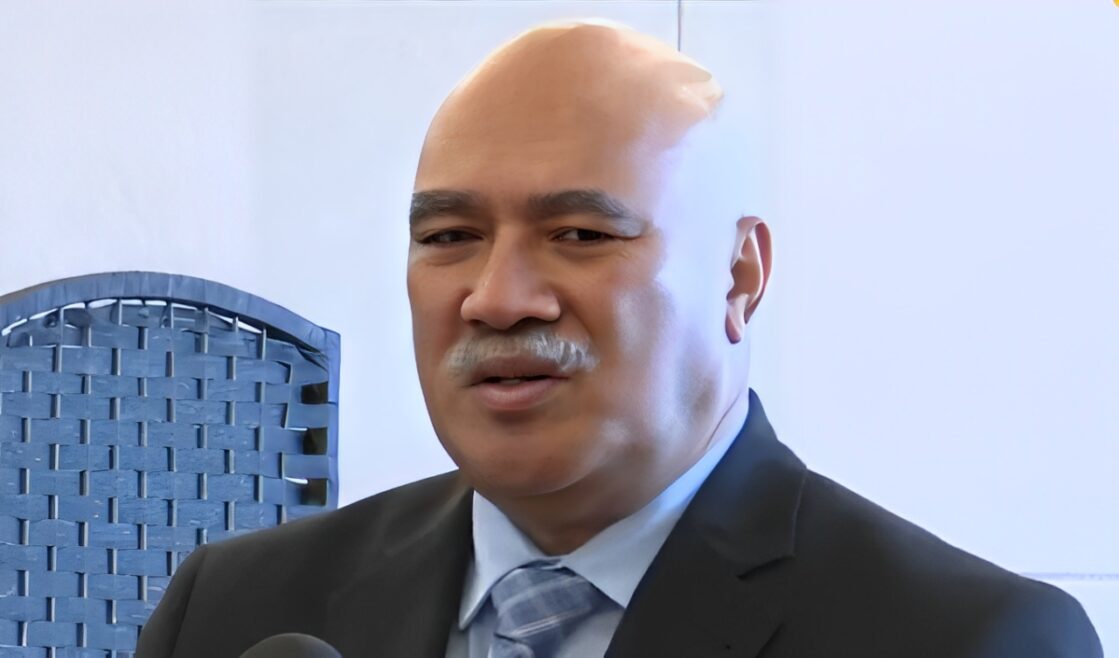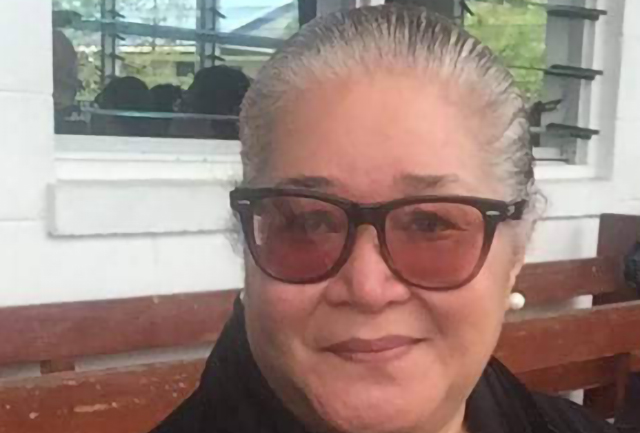In a powerful celebration of their Tongan roots, American singers Iam Tongi and Dinah Jane—both of Tongan heritage—joined voices in a stunning medley that included the beloved Tongan song Si‘ete Konga Koula kuo Tō ‘i Moana.

The heartfelt duet, recently shared in a viral Facebook clip, showcases their cultural pride and musical artistry, resonating deeply with Tongan and Pacific Islander audiences worldwide.
Fresh off his American Idol victory, Iam Tongi has become a beacon of pride for the Tongan community, openly honoring his heritage on a global stage.
Long before she became a global star, Jane—a proud Tongan-American—stood nervously on The X Factor stage at just 15.
Her audition launched her into Fifth Harmony, one of the decade’s biggest girl groups, and made her a trailblazer for Pacific Islander representation in mainstream music.
Tongi and Jane were performing a heartfelt duet of Counting Stars (cover) and Si’i Konga Koula, a classic by fellow Tongan-American artist Junior Maile.
Their collaboration arrives at a meaningful time when Tongan diaspora communities, particularly in New Zealand and the U.S., are increasingly embracing cultural traditions.
Some observers note that this renewed engagement may even surpass participation levels in Tonga itself.
This cultural resurgence is vividly embodied in events like New Zealand’s ASB Polyfest—the world’s largest Pacific festival, which recently celebrated its 50th anniversary.
Jane’s most recent release is the single “Let’s Go” featuring Young Go and JKing, which was released on August 21, 2024.
Tongi released several singles, including “Monsters” (2023), his emotional Idol audition song, now on streaming platforms. He also recorded and released “I’ll Be Seeing You” (2023), a tribute to his late father.












